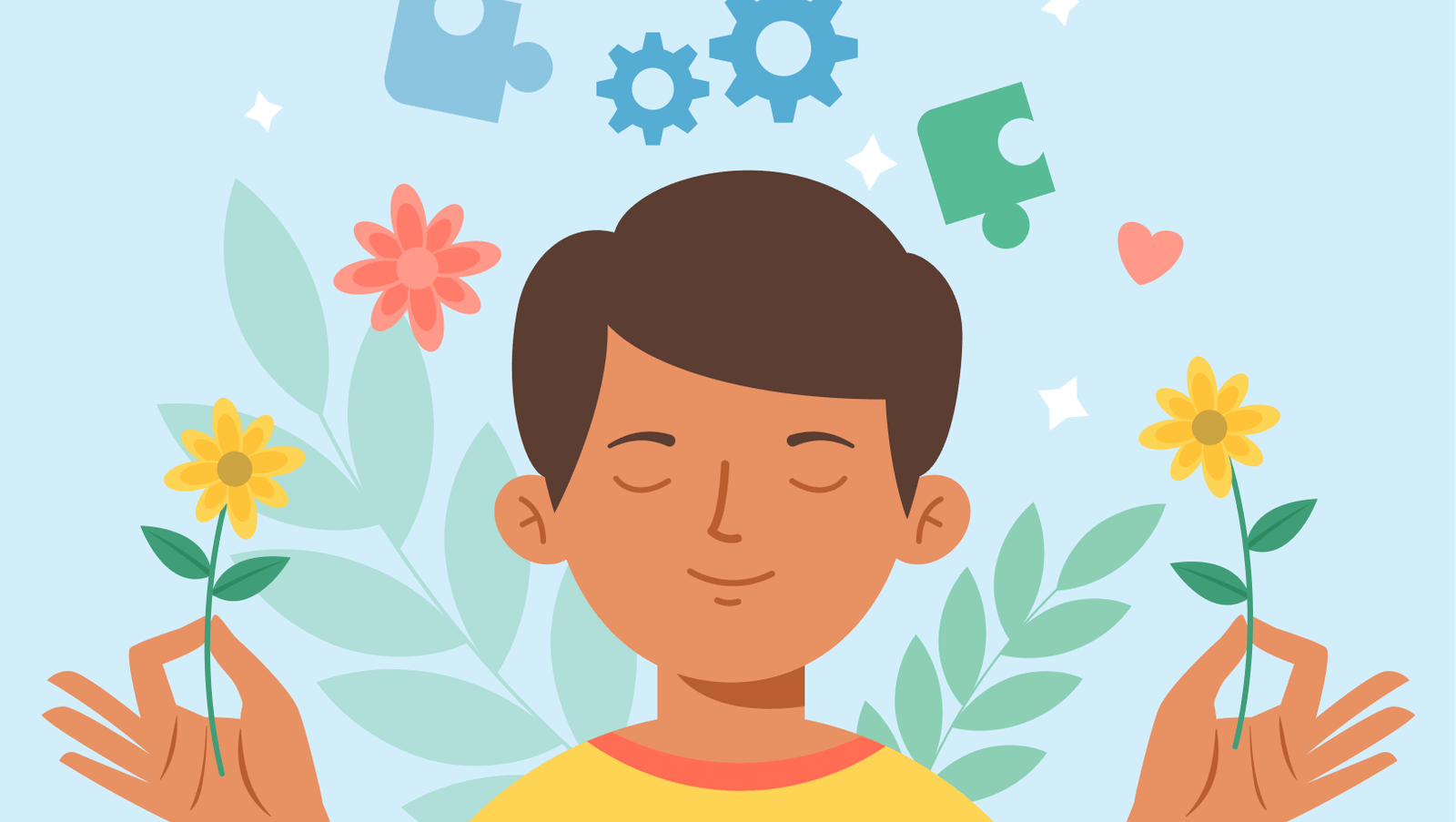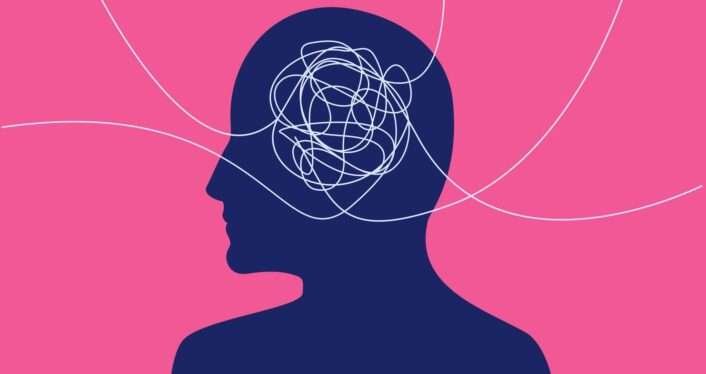
If you’re looking for gentle, effective ways of Balancing Mental Health, Ayurveda offers a holistic system that treats mind and body together. This blog explains the problem, Ayurvedic principles for mental wellbeing, practical daily routines, herbs and therapies, safety notes, and when to get professional help. For personalised care, book a consultation with Vedic Upchar (link below).
The problem
Modern life brings chronic stress, poor sleep, constant digital stimulation and irregular routines. These factors disturb digestion (Agni), create ama (mental toxins) and imbalance the doshas — often Vata (worry, restlessness), Pitta (irritability) or Kapha (low motivation). The visible problems are anxiety, low mood, poor concentration, sleep trouble and burnout. Balancing Mental Health means calming the nervous system, restoring digestion, rebuilding routine and strengthening ojas (vitality).
Ayurvedic view of mental health — a brief primer
Ayurveda treats the mind (Manas) as linked to the body. Mental health depends on:
- Healthy digestion (strong Agni) so nutrients reach the brain.
- Balanced doshas so the mind is calm and clear.
- Robust Satva (clarity), Rajas (activity) and Tamas (rest) in correct balance.
Treatment is personalised — one person’s remedy for anxiety may differ from another’s for low mood.
8 Practical Ayurvedic steps for Balancing Mental Health
1) Establish a steady daily routine (Dinacharya)
Why: Routine stabilises circadian rhythm and calms Vata.
How: Wake and sleep at consistent times, include morning warm water, short movement and a calm wind-down before bed.
2) Support digestion — the foundation of mental balance
Why: Poor digestion produces ama that clouds the mind.
How: Eat warm, cooked meals, small portions, avoid late-night heavy food and include digestive spices (cumin, ginger, black pepper).
3) Daily oil massage (Abhyanga) & gentle self-care
Why: Abhyanga calms the nervous system and reduces stress hormones.
How: Use warm sesame or brahmi oil for a short self-massage (5–10 minutes) 3–4 times weekly.
4) Breathwork & short meditation — immediate calming tools
Why: Pranayama reduces sympathetic overdrive and eases anxiety.
How: Practice Anulom Vilom (5–10 min) and Bhramari (3–5 min) daily. Add a 5–10 minute guided meditation or mindful breathing.
5) Use medhya (mind-supporting) herbs under guidance
Why: Classical herbs calm the nervous system and improve memory and resilience.
Which herbs: Brahmi (Bacopa), Ashwagandha, Jatamansi, Shankhapushpi, Guduchi. Use standardised products and consult an Ayurvedic practitioner for dosing and interactions.
6) Improve sleep hygiene & circadian health
Why: Restorative sleep repairs the brain and mood regulation.
How: Avoid screens 60 minutes before bed, keep bedroom cool and dark, follow a calming pre-sleep routine (warm drink, light reading).
7) Movement, nature and light exposure
Why: Exercise and morning sunlight boost serotonin and circadian alignment.
How: Walk 20–30 minutes in morning light and include gentle yoga or strength work 3× weekly.
8) Social support, counseling & integrated care
Why: Meaningful connection reduces loneliness and improves recovery.
How: Talk to trusted friends, join supportive groups, and combine Ayurveda with psychotherapy when needed.

Simple 7-day starter plan for balancing mental health
- Day 1–2: Warm water on waking, 10-minute walk, 5 minutes pranayama.
- Day 3–4: Add tongue scraping, 5–7 minutes abhyanga (even if brief).
- Day 5–7: Start a mild Brahmi supplement (practitioner dose) and 10-minute evening meditation.
- Review after one week and extend helpful steps into a routine.
Safety notes & when herbs need supervision
- If you’re on antidepressants, benzodiazepines or other psychiatric meds, consult both your prescribing doctor and an Ayurvedic practitioner before starting herbs.
- Pregnant or breastfeeding? Seek specialist advice before any herb.
- Severe symptoms (suicidal thoughts, psychosis, severe self-neglect) need urgent medical/psychiatric care — Ayurveda complements but does not replace emergency mental-health treatment.
When to get a consultation
If anxiety or low mood lasts more than two weeks, interferes with daily function, or you have troubling thoughts — get personalised care. For a tailored Ayurvedic plan that integrates herbs, diet, routine and referrals to mental-health specialists, get a consultation from Vedic Upchar:
👉 https://vedicupchar.com/doctor-consultation
A practitioner will assess your prakriti (constitution), dosha imbalance, digestion and sleep, then design a stepwise plan.
Evidence & realistic expectations
Ayurvedic practices like mindfulness, sleep hygiene, regular exercise and some herbs (ashwagandha, brahmi) have supportive clinical research for stress and mild-to-moderate mood symptoms. Results are gradual and cumulative — expect steady improvement over weeks to months with consistent practice.